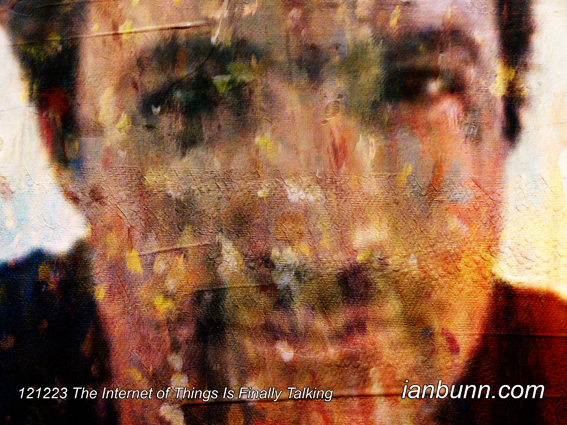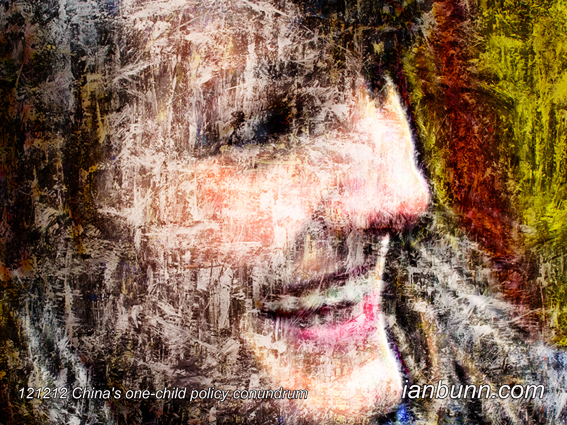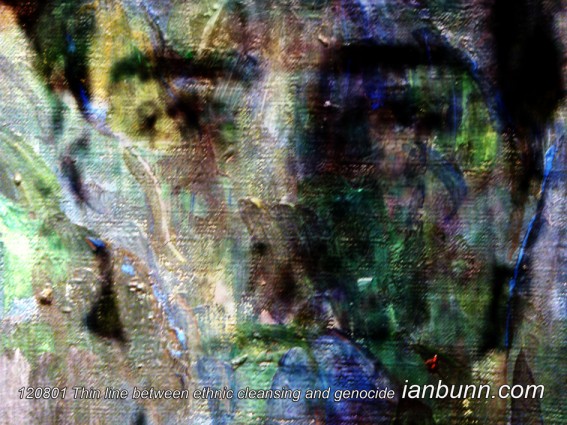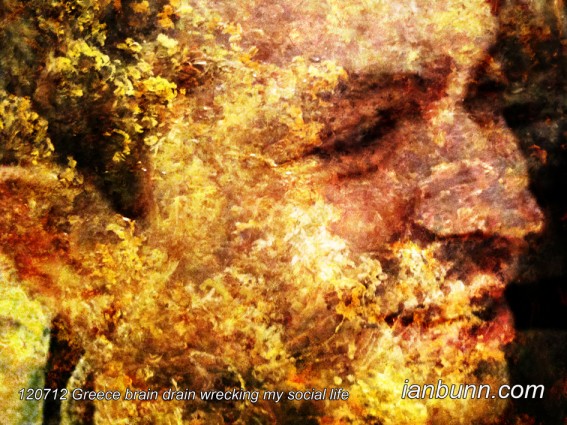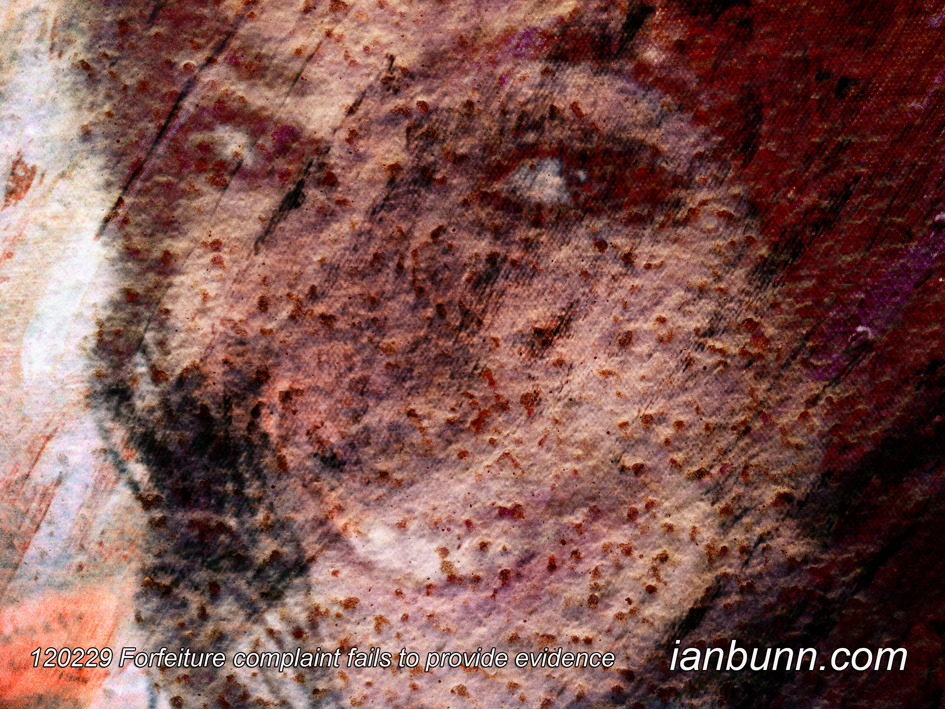 Bloody year for Southeast Asia environmentalists (January 8 2013)
Bloody year for Southeast Asia environmentalists (January 8 2013)
Francis Wade the Thailand based freelance journalist and analyst covering Myanmar and Southeast Asia has published an article on Aljazeera titled ‘A bloody year for Southeast Asia’s environmentalists’ referring to a murky “military-government nexus backed by powerful business forces is behind” silencing environmental movements. Wade states “The year hasn’t been kind to Southeast Asia’s environmental defenders. Anti-copper mine protesters in Myanmar have been firebombed and Laotian journalists critical of major hydropower projects were silenced; in Cambodia, two activists, including famed anti-logging campaigner Chut Wutty, have been killed; in the Philippines, the number of land activists alone who were assassinated stands at six. The levels of oppression are consistent with a global increase in the number of assassinations of activists, journalists and community workers who expose the ills of economic development – in 2009, according to research by Global Witness, 56 killings took place across the world; last year, 106 were slain. Behind the campaigns to snuff out environmental movements in Southeast Asian countries lurk a murky military-government nexus backed by powerful business forces. The deaths this year in Cambodia and Philippines were “carried out by men in uniforms”, said Global Witness in June, who were “acting on behalf of private sector interests and/or governments”. The stories are not new, but the intensity of attacks may well be: the month of May in the Philippines was the deadliest on record for environmental defenders, and it continued throughout the year. … where increased competition for resources combines with unwillingness by Southeast Asian governments to protect their populations from the ill effects of investment, indeed complicity in clearing the land of any resistance – the alarm bells are ringing louder.”
Inspired by Aljazeera ow.ly/gwSgb image source The Guardian ow.ly/gwCiw
